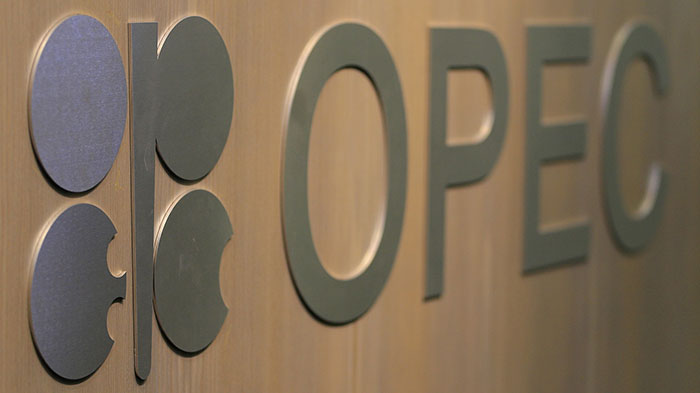He said that he can`t see any other alternative for OPEC.
"The only option will be that Iran, with Venezuela, Ecuador and some other minors, will form a separate group, competing with OPEC-Russia," Widdershoven said.
However, he thinks it doesn`t seem to be viable in the current market.
"For the future of oil producers, a more regulated/controlled market is also preferable, as than they can act as a group to quell possible challenges in the future," Widdershoven.
Following the failure to reach any agreement at the meeting in Doha on Sunday, the thoughts became widespread about the end of OPEC as an oil prices regulator and the loosing by cartel its control functions.
Initially, the main OPEC task was to coordinate the oil policy of its members to secure fair oil prices. The cartel controls 80 percent of the world`s proven oil reserves, but produces 40 percent of the world`s crude oil.
OPEC oil production in March increased by 15,000 barrels per day to 32.25 million barrels per day, according to OPEC`s April Oil market Report. Crude oil output increased mostly from Iran, Iraq and Angola, while production decreased in UAE, Libya and Nigeria.
The share of OPEC crude oil in total global production was unchanged at 33.7 percent in March compared with the previous month.
The official OPEC production quota was set at 30 million barrels per day.
More about:
















































